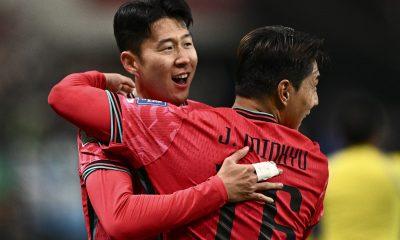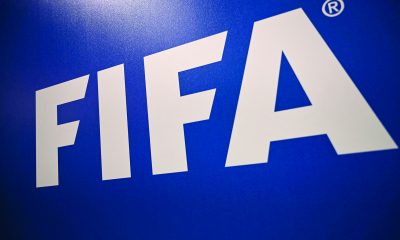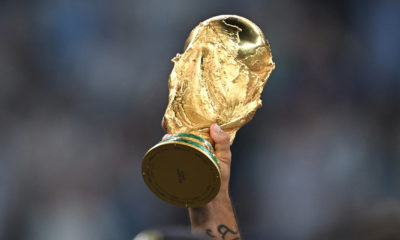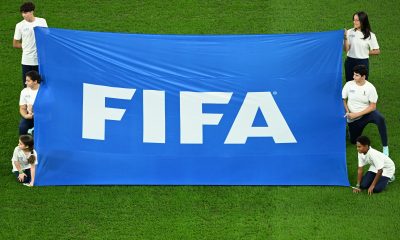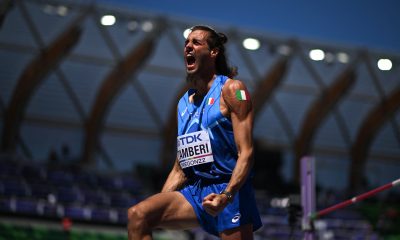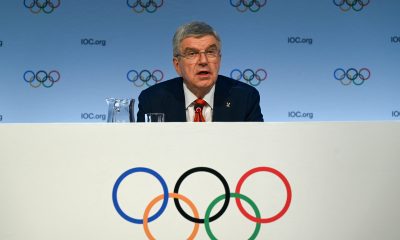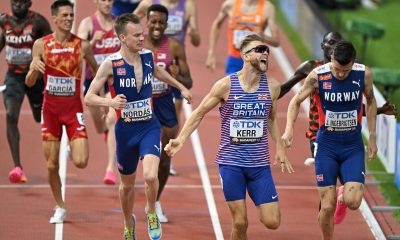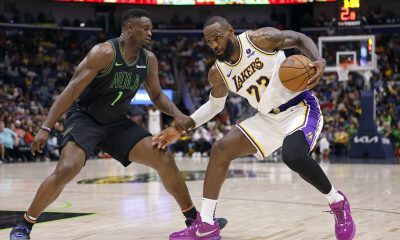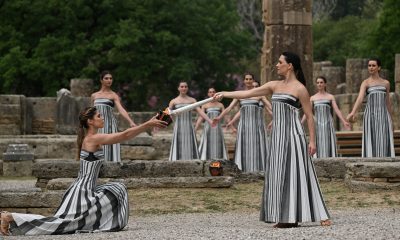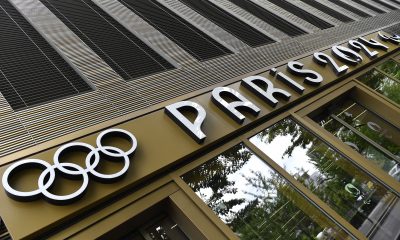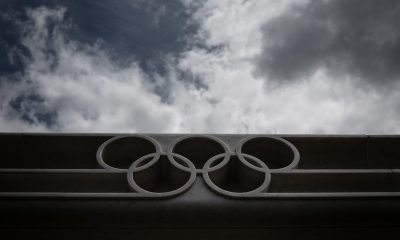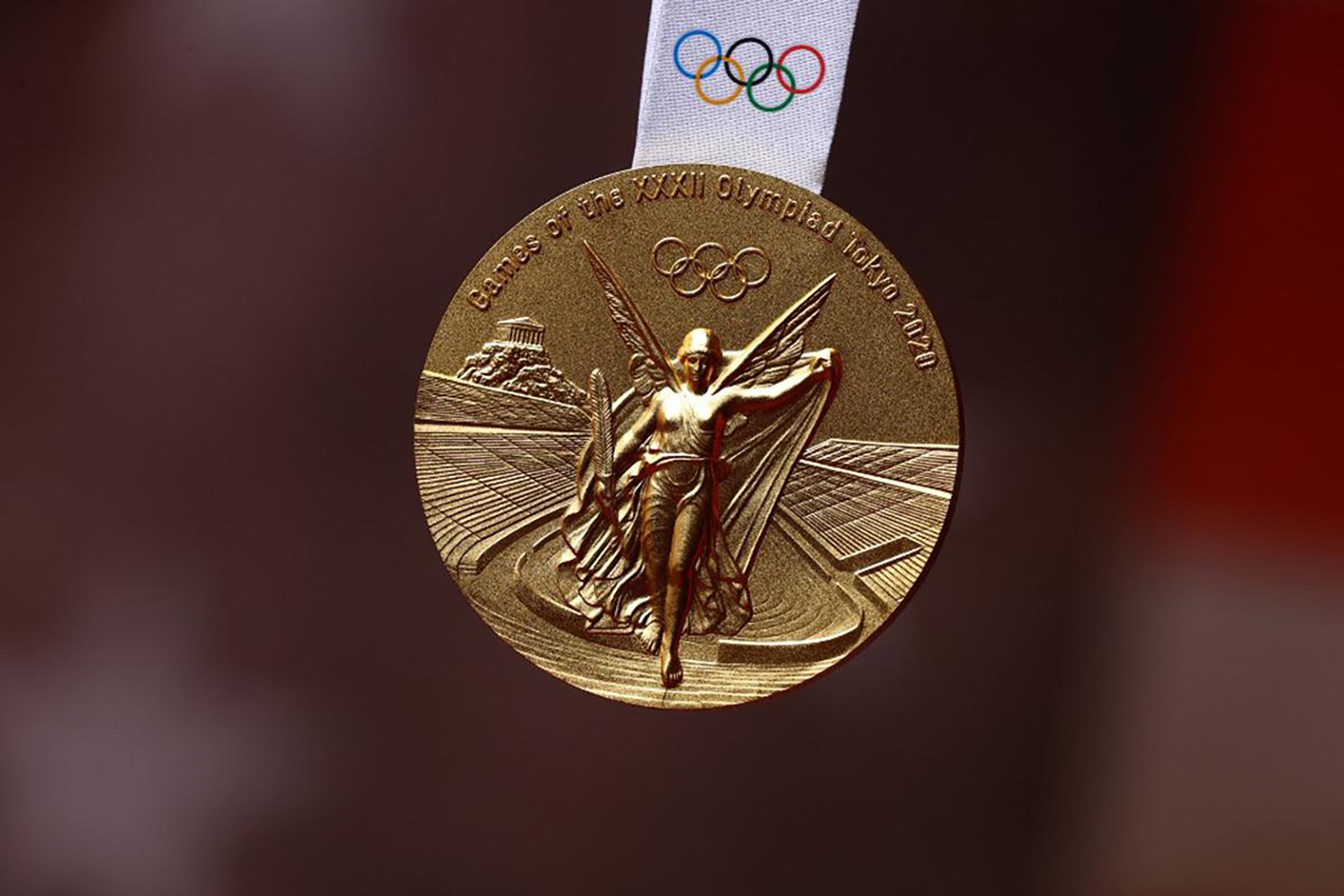
Winning an Olympic medal is the dream of every sports athlete around the world let alone a small country like Malta and it’s inevitable that every time these games are held there is the usual question: when are we going to see a Maltese athlete on the podium of the biggest sporting event?
This summer was no exception as there has been a lot of discussion on the state of Maltese sport following the return of our contingent from the Tokyo 2020 Games.
As expected, none of our athletes in Japan were in the hunt for a top-three placing and this is not because of a lack commitment or preparation from any of our athletes but simply because the level of competition is too steep.
However, seeing a small country like San Marino, with a population of just 33,000 people, returning home with three medals – two silver and one bronze – inevitably does make you think that winning a medal at the Olympic Games is not an impossible task, provided there is a good administration set-up and an effective sports strategy.
Let’s make it clear, to win an Olympic medal is no walk in the park and statistics show that 65 per cent of world champions in various disciplines have not stepped on the podium of an Olympic Games. That is how hard it is.
But it is clear that, in Malta, there is a clear need of a complete overhaul on how sport is run if we are to provide our athletes with the tools to aspire to be at least competitive in the Olympic Games.
The first major step to be taken is that we make a clear distinction between the elite and non-elite athletes in Malta.
While every sport deserves to receive financial assistance, it is critical that we focus the majority of our funding on those athletes who have the talent to compete at the highest level.
For the past decade, San Marino introduced a scheme that identified who were their elite athletes and provided them with thousands of euros in assistance. The nine athletes selected have been given the opportunity to turn professional and focus solely on training and competing in international events throughout the year.
Their investment has reaped the fruit this summer as three of those athletes – shooters Alessandra Perilli and GianMarco Berti and wrestler Myles Amine – returned home with a medal around their neck.
Malta did take a similar approach way back in the early 2000 when the authorities and the Maltese Olympic Committee introduced a scheme that saw our top shooter, William Chetcuti receiving a significant amount of funding.
The initiative came close to reaping the desired dividends as the double trap shooter went on to place eighth in the 2008 Beijing Olympics, a feat, which remains Malta’s best result in the Olympics until today. But, after those games, the scheme was stopped with the result that Chetcuti could not maintain those high levels.
Funding alone is not enough for Olympic glory. There needs to be a complete overhaul in how sport is administered in Malta. We cannot have key positions at the Maltese Olympic Committee – such as the president and the director of sport who mastermind the preparation of our athletes – to be occupied by people on a voluntary basis.
Other countries employ performance directors on a full-time basis that are responsible for the elite athletes’ technical preparation and have pre-set targets to reach every four years.
Time and again we hear government officials saying that they want to instil a sporting culture in Malta but, looking at the decisions taken during the COVID-19 pandemic – where elite sport was suspended for several months – shows that the reality is completely different.
Sport cannot continue to be treated as a hobby and it’s time we give it the importance it deserves if we are to aspire to achieve sporting success at the highest level.

World Cup News
-
FIFA World Cup
/ 1 month agoSon scores but Thailand hold South Korea in World Cup qualifier
Son Heung-min scored but South Korea were held 1-1 at home by Thailand in...
By AFP -
FIFA World Cup
/ 1 month agoJapan-N. Korea World Cup game to stay in Pyongyang, JFA says
Japan’s World Cup qualifier against North Korea will be played in Pyongyang as planned...
By AFP -
FIFA World Cup
/ 2 months agoGerman ex-FA bosses on trial over World Cup tax evasion
Three German ex-top football officials went on trial on Monday in a 13.7-million-euro ($14.8...
By AFP -
FIFA World Cup
/ 2 months agoSaudi Arabia formally launches bid for 2034 World Cup
Saudi Arabia formally launched its bid to host the 2034 World Cup on Friday,...
By AFP

English Premier League
Watch: Carragher accuses Forest of lacking ‘class’ after VAR rant

More sports
Nadal signs up for 2024 Laver Cup in Berlin

Winter Olympics
Watch: Geisenberger wins sixth Olympic medal to tie luge record

